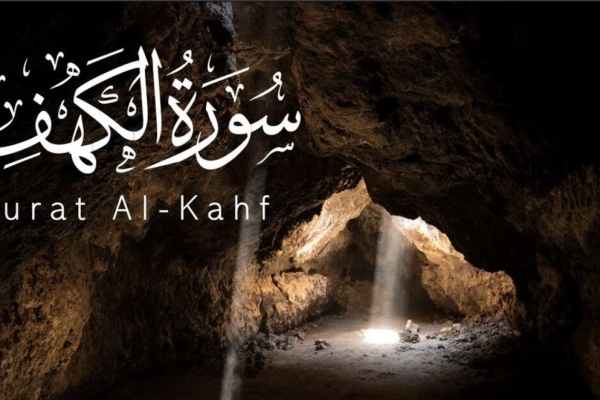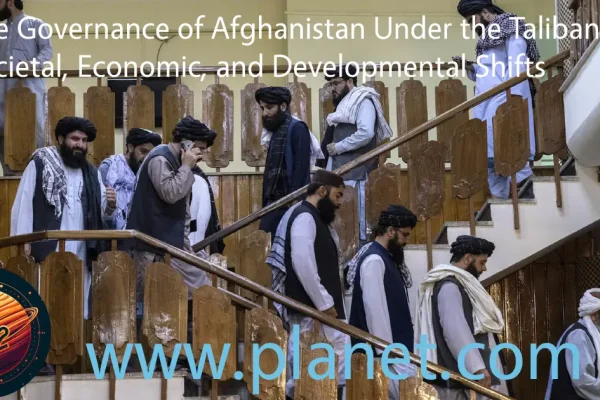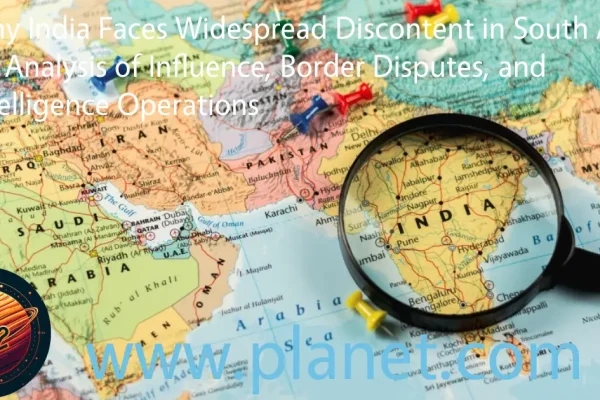
Surah Al-Kahf: Timeless Lessons of Faith, Knowledge, and Power in the Modern World
Surah Al-Kahf offers profound insights through its narratives of the People of the Cave, Moses and Khidr, the Two Gardens, and Dhul-Qarnayn. This surah emphasizes trials of faith, wealth, knowledge, and power, and provides timeless moral and spiritual lessons that guide believers in navigating life’s complexities with patience, humility, and trust in Allah’s wisdom.
















